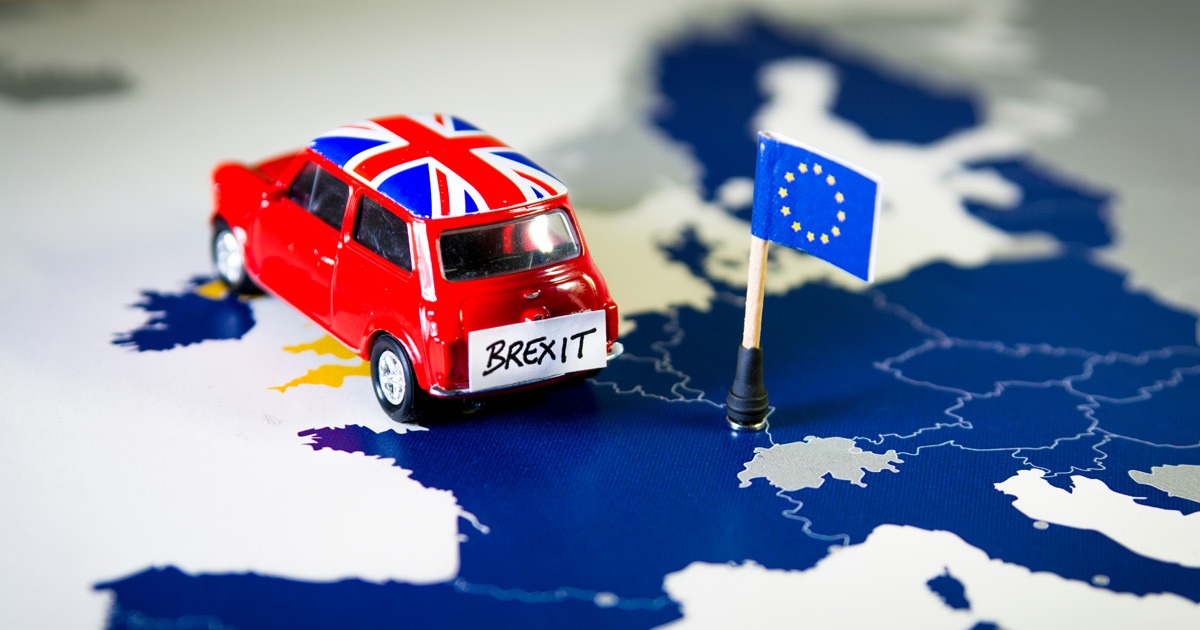After British Prime Minister Boris Johnson on Monday threatened Brussels with a hard exit from the European Union, Michel Barnier, the EU’s chief negotiator pointing to the London strategy, called the situation “worrying” and urged the UK to live up to its commitments. “Everything that has been signed must be respected,” he said. British Prime Minister Boris Johnson has warned the European Union that London will pursue a “no-deal” version of trade relations with the bloc if no progress is made on a deal by October 15. According to a text released by Johnson’s office, he has given 38 days to EU to reach a free trade agreement with London.
Earlier, Michel Barnier, the EU’s chief negotiator on Brexit, said negotiations between the two sides on future trade were very difficult. European Commission President Ursula von der Leyen also warned the British government on Monday that it must abide by its international commitment to the Brexit agreement and make it the basis for any future economic and political relations with the European Union.
With just one month left until the end of the British government’s negotiations with the European Union to reach an agreement on Britain’s exit from the bloc, the two sides have not yet reached a comprehensive agreement. During this period, about seven rounds of negotiations took place between the EU and the UK, but at the end of each round of negotiations, EU representatives, especially Michel Barnier, the EU’s High Representative, expressed concern about the negotiation process and called for London to become more serious.
A comprehensive agreement to leave the EU has been reached. In return, the British government accuses Brussels of stubbornness and inflexibility in reaching a comprehensive agreement.
Recent approaches by Michel Barnier and Boris Johnson, meanwhile, show that the two sides have no intention of backing down. At the same time, the two sides predicted that the negotiations would not be concluded in this short period of time, and the European Union called for an extension of the negotiations; But London has taken a hard line on this, believing that negotiations should be concluded in the set time, but we have seen that this did not happen in practice, and even recently Britain has announced that it is ready to leave the EU without an agreement. However, Britain’s withdrawal from the EU without the consent of the EU could pose serious challenges for both the EU and the UK.
Half of Britain’s trade is with the European Union, and some European countries, such as Denmark, account for up to a quarter of their trade with London. Therefore, if London and Brussels do not reach an agreement in this regard, both London and some members of the European Union will suffer great losses. Meanwhile, the most important issue between Britain and the European Union is the free and competitive market between the two sides.
The UK is looking to use the EU’s customs and free market, while the EU believes that if London wants to use the EU market, it must meet Brussels’ standards. But this is contrary to Britain’s intentions to leave the European Union. The UK left the EU with the aim of not being under the umbrella of EU rules and regulations and to be able to make independent decisions in various areas, especially the issue of immigrants; but if London now wants to comply with Brussels’ demands, it will not be able to achieve its goals.
The remaining days until the end of this round of British negotiations with the European Union are difficult days for both London and Brussels. If the two sides do not reach an agreement, while the corona outbreak has caused a recession in Britain and the European Union, the two sides will suffer great losses. Of course, Britain is more vulnerable in this regard, because the COVID 19 has made the British economy shrink and face recession, and there is currently no prospect of confronting the coronavirus. It seems that Boris Johnson will try to force the EU to compromise with his stubborn stance during this remaining period, and may agree to a resumption of negotiations in the 90th minute, But Brussels has also read Johnson’s hand and does not want to make Britain a role model for other EU member states that seek to exploit the European market without making a commitment.
Eventually, if Britain does leave the bloc without an agreement, it will no longer be able to use the EU market, and the two sides will have to negotiate tariffs. In such a situation, trade barriers will be built in the ports of both sides, which will make the entry and exit of goods difficult and will affect the price trend.










0 Comments